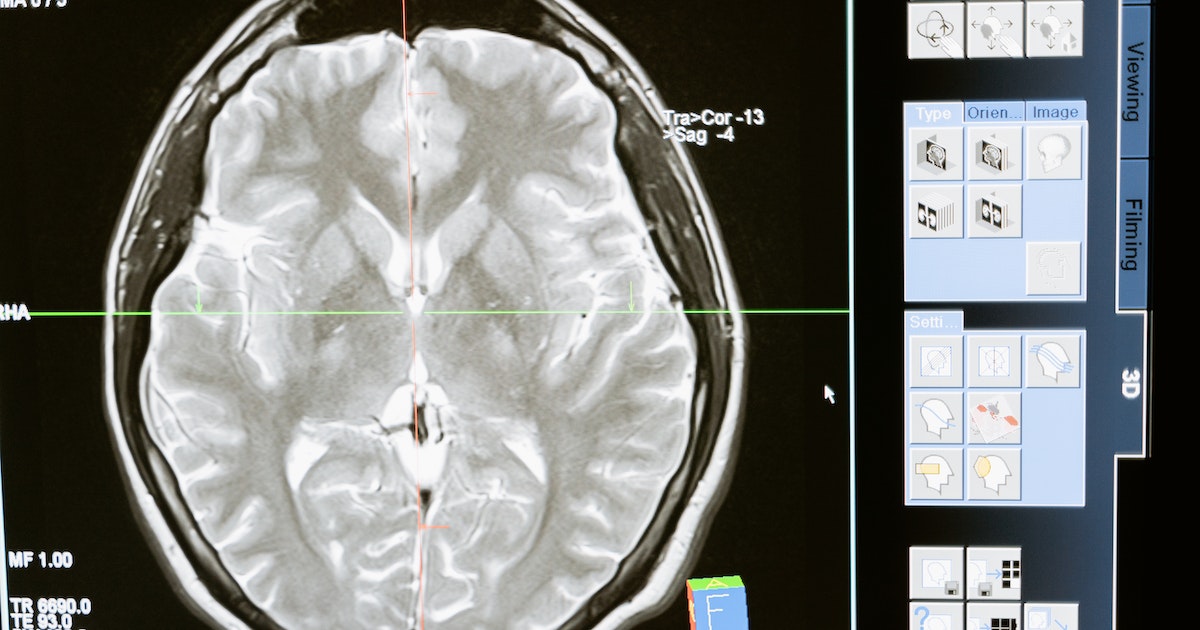Alcohol is unique from other drugs in the sense that it can be legally obtained and used responsibly. However, many people are unaware of what ‘acceptable’ drinking is. According to the Dietary Guidelines for Americans, alcohol should be limited to two drinks or less for men and one drink or less for women in a day.
Drinking more than the recommended amounts can lead to a wide range of problems, including an alcohol use disorder, risky behavior and even alcohol-induced dementia. If you or a loved one is suffering the effects of alcohol misuse and abuse, it’s important to know that alcohol rehab in Arizona can break the cycle.
Let’s learn more about alcohol dementia, what causes it, the signs and symptoms to watch for and how alcohol rehab can help.
What is Alcohol-Induced Dementia?
Alcohol-induced dementia is a condition characterized by cognitive decline and memory impairment as a result of chronic alcohol abuse. It falls under the umbrella of neurocognitive disorders and is often categorized as a subtype of alcohol use disorder (AUD).
When a person has alcohol dementia, they may struggle with everyday tasks, such as cooking meals and managing finances. Symptoms can vary widely from person to person depending on the severity of their drinking problem, the presence of underlying disorders and other factors.
Anyone who drinks excessive amounts of alcohol over a period of many years can develop alcohol dementia. It is unknown why some heavy drinkers develop the condition and others do not.
What Causes Alcohol Dementia?
Researchers aren’t entirely clear as to whether alcohol has a direct toxic effect on the brain, or if the damage is due to a lack of thiamine and other nutritional deficiencies. Furthermore, it’s believed that heavy alcohol use reduces the amount of white matter in the brain, which makes it difficult for the brain to function normally.
Let’s look closer at the factors that contribute to the development of alcohol dementia:
- Neurotoxicity. Ethanol, the active component in alcohol, is toxic to brain cells. Over time, alcohol damages neurons, impairs neurotransmission and interferes with the brain’s ability to process information.
- Nutritional deficiencies. Chronic alcoholism often leads to poor nutrition, resulting in deficiencies in essential vitamins and minerals, such as thiamine. Thiamine deficiency, in particular, is associated with cognitive impairment.
- Liver dysfunction. Prolonged alcohol abuse can lead to liver damage, impairing the organ’s ability to metabolize toxins effectively. This can result in the accumulation of harmful substances in the bloodstream that affect brain function.
- Inflammation. Alcohol abuse can trigger inflammation in the brain, leading to oxidative stress and further damage to brain cells.
Symptoms of Alcoholic Dementia
Alzheimer’s disease is the leading cause of dementia. While this type of dementia has similar symptoms as alcohol dementia, the difference is that alcohol dementia is not certain to get worse over time. This is why early identification is important, as you can then take the next step to starting alcohol rehab in Arizona.
The symptoms of alcohol dementia may include:
- Difficulty learning new things
- Personality changes
- Problems with memory
- Trouble with clear and logical thinking
- Easily distracted
- Difficulty setting goals and making decisions
- Confusion about time, place and surroundings
- Language and communication difficulties
- Lack of initiative and spontaneity
Alcohol Rehab in Arizona: Treatment and Management
While there is no cure for alcohol dementia, it is possible to slow its progression and manage its symptoms. Fortunately, alcohol rehab can make it easier to quit drinking and start the healing process. Under one roof, you can receive treatment for the alcohol use disorder itself, along with underlying issues like mental illness or trauma. Oftentimes, people discover that they have been self-medicating with alcohol to deal with uncomfortable emotions.
While each alcohol rehab is different, you can expect most to offer a wide range of treatment options such as:
- Medication. Medication-assisted therapy uses FDA-approved medications and behavioral therapies to minimize cravings and reduce withdrawal symptoms. This makes it easier to recover.
- Nutritional support. Detox centers and rehab facilities typically address nutritional deficiencies, especially thiamine, which can help improve cognitive function.
- Therapy. Rehabilitation programs can help individuals regain some cognitive function, improve their quality of life and replace negative coping skills with positive ones.
- Group support. Group counseling tends to be an integral part of the healing process. Individuals can work on developing healthy relationships and maintaining independence in group settings.
Is it Possible to Make a Full Recovery from Alcohol Dementia?
As long as the condition is identified early, the symptoms of alcohol dementia can be reduced and possibly even reversed. In order for this to be possible, you must abstain from alcohol use, improve your diet and correct vitamin deficiencies, particularly thiamine deficiency.
However, it’s important to know that alcohol-induced dementia cannot always be reversed. Still, continuing to drink is not the answer. It will only lead to more brain damage, among other problems such as liver disease, heart disease, high blood pressure, stroke, digestive problems and an increase in certain cancers.
Start Fresh with Alcohol Rehab in Arizona
Alcohol dementia is a serious and debilitating condition resulting from chronic alcohol abuse. Understanding its causes, symptoms and available treatment options is crucial for individuals and their loved ones. Early intervention and support can make a significant difference in managing this condition and improving the quality of life for those affected.
The best approach, of course, is prevention through responsible alcohol consumption and seeking help for alcohol abuse before it leads to irreversible cognitive decline. Wolf Creek Recovery is a drug and alcohol rehab in Arizona that treats substance use disorders. We have helped many individuals recover from addiction and lead healthier, happier lives. We can do the same for you, too.
To take the next steps to treating an alcohol use disorder, contact our admissions department today.












